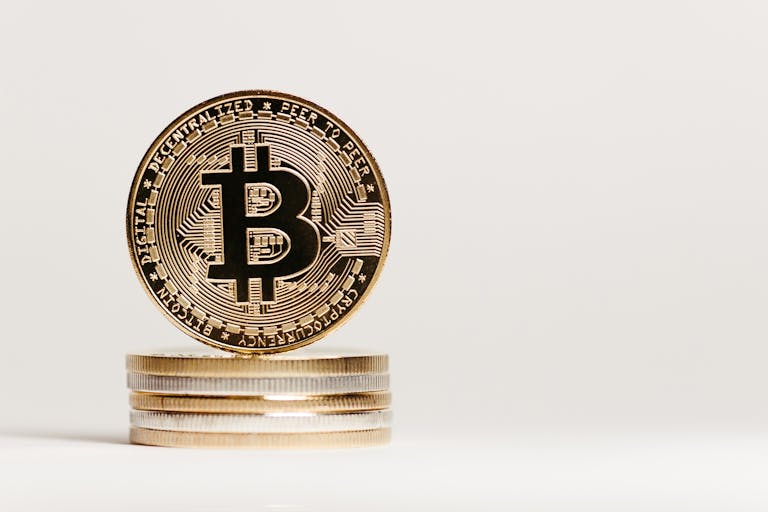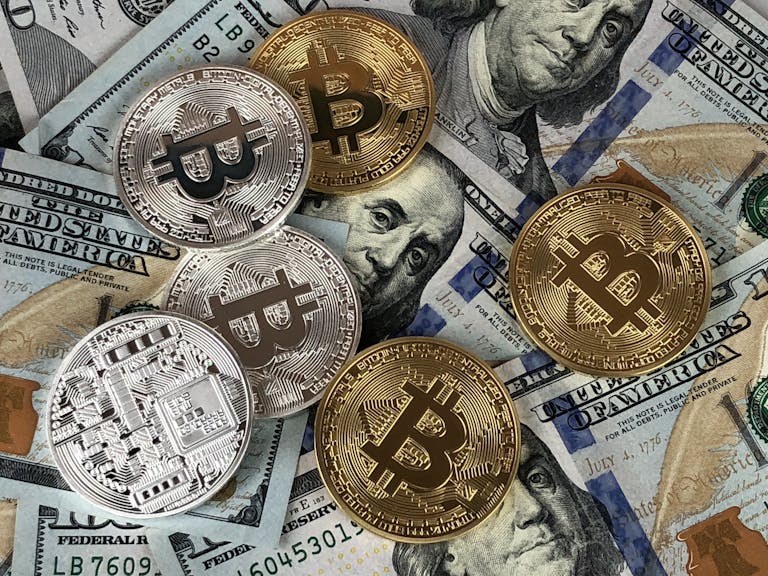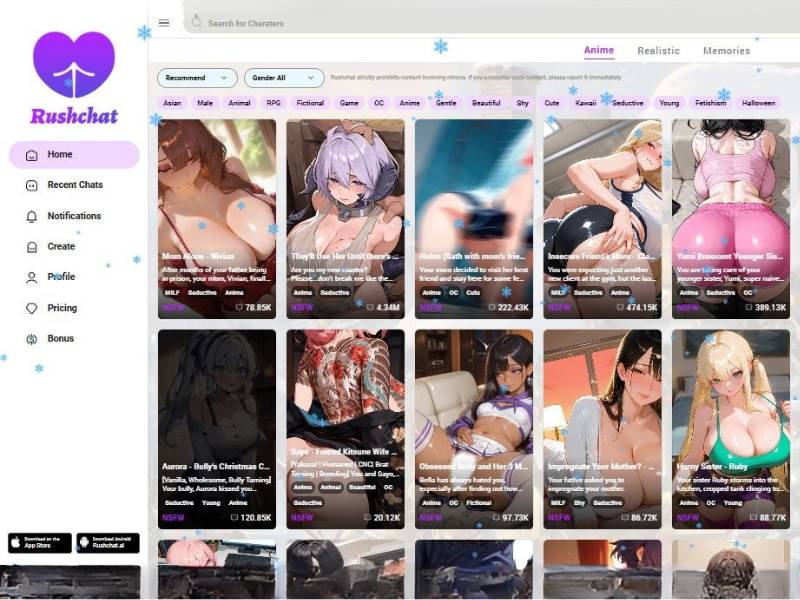How to Use Decentralized Exchanges: A Beginner’s Guide
Decentralized exchanges (DEXs) have emerged as a cornerstone of the decentralized finance (DeFi) ecosystem, offering users a secure and trustless way to trade cryptocurrencies. Unlike centralized exchanges, which act as intermediaries, DEXs operate on blockchain networks, allowing users to trade directly from their wallets without relinquishing control of their funds. This guide will walk you through the process of using a DEX, highlighting key steps, best practices, and tips to ensure a smooth experience.
Why Use a Decentralized Exchange?
DEXs offer several advantages:
- Non-Custodial Control: You retain full ownership of your funds, as no third party holds your assets.
- Transparency: All trades and smart contract interactions are recorded on the blockchain, ensuring openness.
- Privacy: Many DEXs do not require Know Your Customer (KYC) verification.
- Access to New Tokens: DEXs often list newly launched projects before they appear on centralized platforms.
However, DEXs also come with risks, such as higher gas fees, potential smart contract vulnerabilities, and the absence of customer support. Proceed with caution and prioritize security.
Step-by-Step Guide to Using a DEX
1. Set Up a Crypto Wallet
A crypto wallet is essential for interacting with DEXs. There are two main types:
- Software Wallets: Browser extensions like MetaMask or mobile apps (e.g., Trust Wallet) are user-friendly for beginners.
- Hardware Wallets: Devices like Ledger or Trezor offer enhanced security for larger holdings.
Key Tips:
- Always back up your wallet’s private key or mnemonic phrase (a 12-24 word seed). Store it securely offline.
- Enable two-factor authentication (2FA) for added security.
2. Choose the Right DEX
Not all DEXs are created equal. Consider the following factors:
- Supported Blockchains: Popular DEXs like Uniswap (Ethereum), PancakeSwap (Binance Smart Chain), and SushiSwap operate on different networks. Ensure the DEX supports your wallet’s blockchain.
- User Interface: Beginners may prefer platforms with intuitive designs (e.g., 1inch for aggregated liquidity).
- Token Availability: Some DEXs specialize in specific tokens (e.g., Curve Finance for stablecoins).
Popular DEXs:
- Uniswap: Ideal for Ethereum-based tokens.
- PancakeSwap: A top DEX on Binance Smart Chain.
- Balancer: Offers customizable liquidity pools.
3. Connect Your Wallet to the DEX
Most DEXs integrate with MetaMask or similar wallets. Here’s how to connect:
- Visit the DEX’s official website (e.g., uniswap.org).
- Click the “Connect Wallet” button.
- Select your wallet extension (e.g., MetaMask) and approve the connection.
Security Note: Always verify the URL to avoid phishing sites.
4. Trade on the DEX
Once connected, you can swap tokens or provide liquidity. Here’s how to swap tokens:
- Select the token you want to trade (e.g., ETH to USDT).
- Enter the amount you wish to swap.
- Review the slippage tolerance (the acceptable price variance) and gas fees.
- Confirm the transaction via your wallet.
What is Slippage?
Slippage occurs when the price of a token changes during a trade. Set a reasonable slippage tolerance (usually 0.5–1%) to avoid unfavorable trades.
5. Manage Gas Fees
Gas fees are the costs to process transactions on the blockchain. They fluctuate based on network congestion:
- Ethereum: Higher fees during peak times.
- Binance Smart Chain: Generally lower fees.
Use tools like GasNow or Etherscan to check current gas prices. For large trades, consider waiting for lower fee periods.
6. Security Best Practices
- Never share private keys or mnemonic phrases.
- Verify smart contract addresses before interacting with liquidity pools.
- Use hardware wallets for significant holdings.
- Double-check token addresses to avoid sending funds to the wrong destination.
Common Challenges and Tips
- High Gas Fees: Prioritize transactions during off-peak hours or use layer-2 solutions (e.g., Optimism or Arbitrum).
- Smart Contract Risks: Research the DEX’s reputation and audit history.
- No Customer Support: DEXs are community-driven; rely on forums (e.g., Reddit, Discord) for help.
Conclusion
Decentralized exchanges empower users with control, privacy, and access to a wide range of tokens. By following this guide, you can navigate DEXs confidently while mitigating risks. Remember, the key to success lies in education, caution, and staying informed about the evolving DeFi landscape. As you gain experience, you’ll unlock the full potential of decentralized finance—without compromising your security.
Start small, stay vigilant, and trade wisely!







